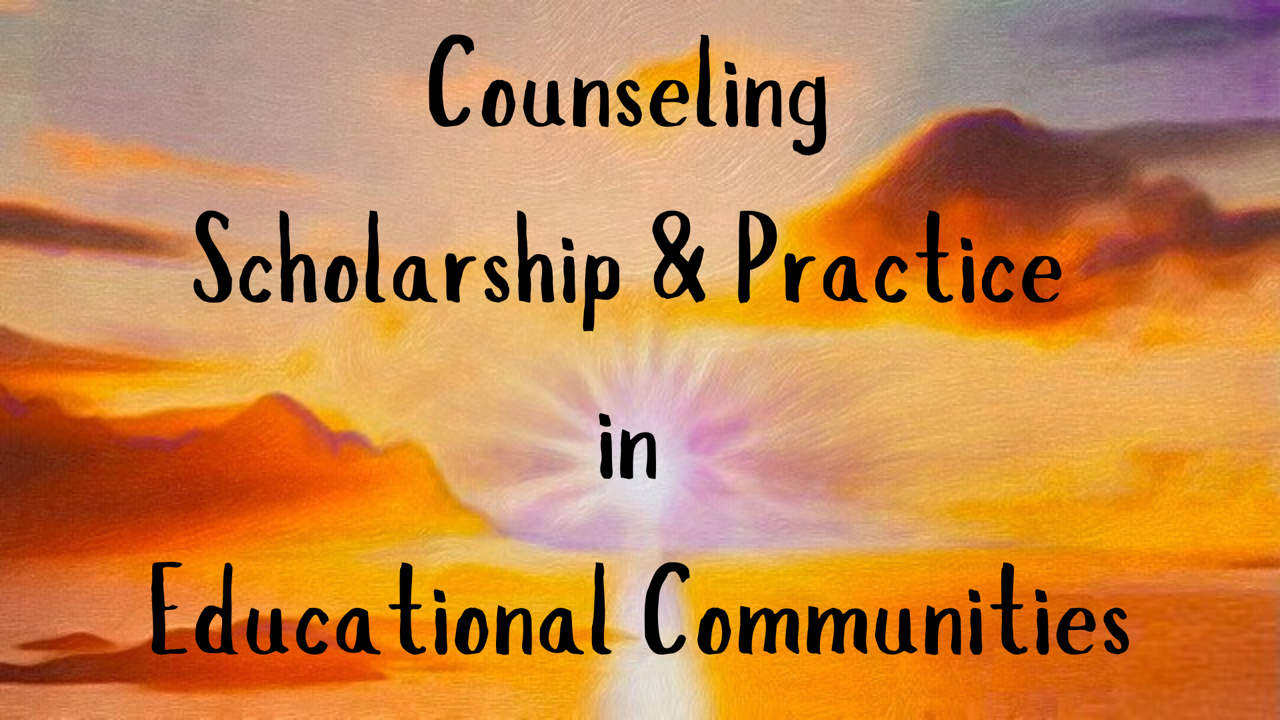A Phenomenological Investigation of Mentors’ Experience with a Culturally Responsive Tier 2 Modular School-Based Mental Health Treatment
Abstract
This phenomenological study explored the lived experiences of mentors implementing the Empowering Horizons Program (EHP), a culturally responsive, Tier 2 modular school-based mental health intervention designed for sixth grade students. The EHP supports student mental health and goal setting through eight in-school group mentorship sessions facilitated by trained graduate students and paraprofessionals. Mentors utilized adaptable activities such as value card sorts, relaxation strategies, and skill-building exercises to meet the unique needs of diverse student populations. Twelve mentors and 80 students participated in the program, with mentors encouraged to modify content and use students' preferred languages to increase accessibility and engagement. Through qualitative analysis of mentor interviews, findings revealed four central themes: (1) growth in confidence (2) motivational interviewing skills, (3) cultural connection, and (d) shifting biases about the middle school population. The study highlights the promise of modular, culturally responsive programs in promoting wellness, equity, and connection within educational communities, and offers practical implications for counselor preparation and school-based mental health initiatives.
Keywords: Tier 2, mentoring, motivational interviewing, group
How to Cite:
Horton, E., Simon, T., Schoonover, T., Powers, M., Baines, A. & Strait, G., (2025) “A Phenomenological Investigation of Mentors’ Experience with a Culturally Responsive Tier 2 Modular School-Based Mental Health Treatment ”, Counseling Scholarship & Practice in Educational Communities 1(2), 28 - 52. doi: https://doi.org/10.7275/cspec.2293
450 Views
445 Downloads

